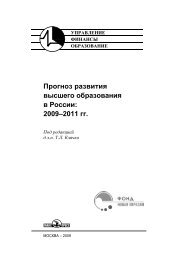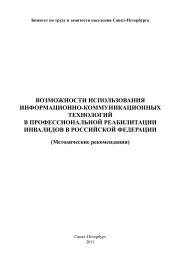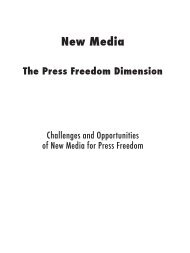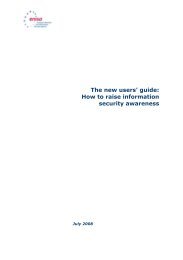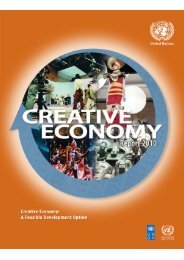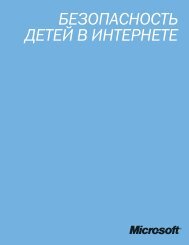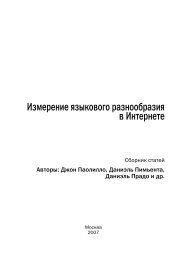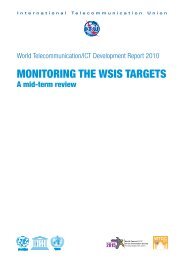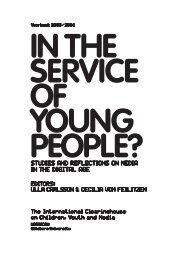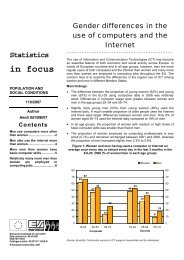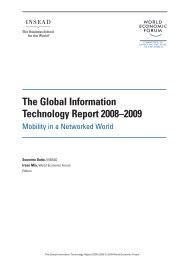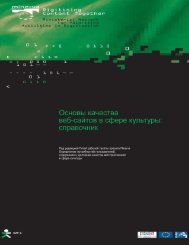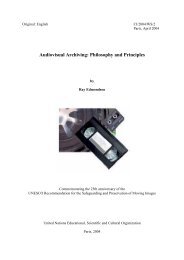Model curricula for journalism education for developing countries ...
Model curricula for journalism education for developing countries ...
Model curricula for journalism education for developing countries ...
Create successful ePaper yourself
Turn your PDF publications into a flip-book with our unique Google optimized e-Paper software.
75<br />
Readings <strong>for</strong> next meeting:<br />
Protess’ (2005) Chapter 1, The Quest <strong>for</strong> Re<strong>for</strong>m; Chapter 2, The Investigative<br />
Tradition<br />
Reading(s) on the state of investigative <strong>journalism</strong> in the country and/or the region<br />
2. Lecture: Why Investigative Reporting Matters<br />
Assignment: Students write an analysis of the “really high-impact” investigative<br />
report. Due next meeting.<br />
Readings <strong>for</strong> assignment and next meeting<br />
A really high-impact investigative report<br />
Examples of two or three other investigations in different sectors<br />
Week 2<br />
1. Lecture: What Journalists Can Investigate<br />
Discussion: Students discuss the investigative project they will pursue during the<br />
term: a two- or three-part investigative report, each part consisting of 1,000-1,500<br />
words and accompanied by a 300- to 400-word sidebar, graph(s) and photograph(s).<br />
The first draft is due first meeting of Week 12. The final report is due second meeting<br />
of Week 14.<br />
Assignment: Students select an original idea <strong>for</strong> their investigative project and write<br />
a one-page memo on why the story should be pursued, the main angles of the story,<br />
and the impact the report would have on the community if published. Due next<br />
meeting.<br />
Reading to help students in choosing a subject <strong>for</strong> investigation:<br />
Reread Houston et al’s (2002) Introduction: Paper Trails and People Trails: An<br />
Overview<br />
2. Lecture: What Journalists Can Investigate (continuation)<br />
Assignment: (1) Students whose story ideas are approved start writing a detailed<br />
reporting plan, which is due 1st meeting of Week 4. (2) Students whose story ideas<br />
are disapproved write a memo pitching another story. Due next meeting.<br />
Reading <strong>for</strong> next meeting:<br />
Protess’ (2005) Chapter 9, Building the Investigative Agenda<br />
Week 3<br />
1/ Lecture: Organizing the Investigation<br />
Discussion: The class evaluates new story pitches.<br />
Assignment: Students start/continue writing detailed reporting plan. Due 1st<br />
meeting of Week 4.<br />
Readings <strong>for</strong> next meeting:<br />
Luechtefeld’s (2004) Part 2, Cross-cultural Interviewing; Part 3, Confrontational



